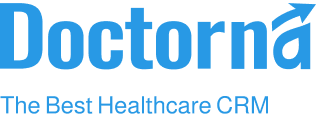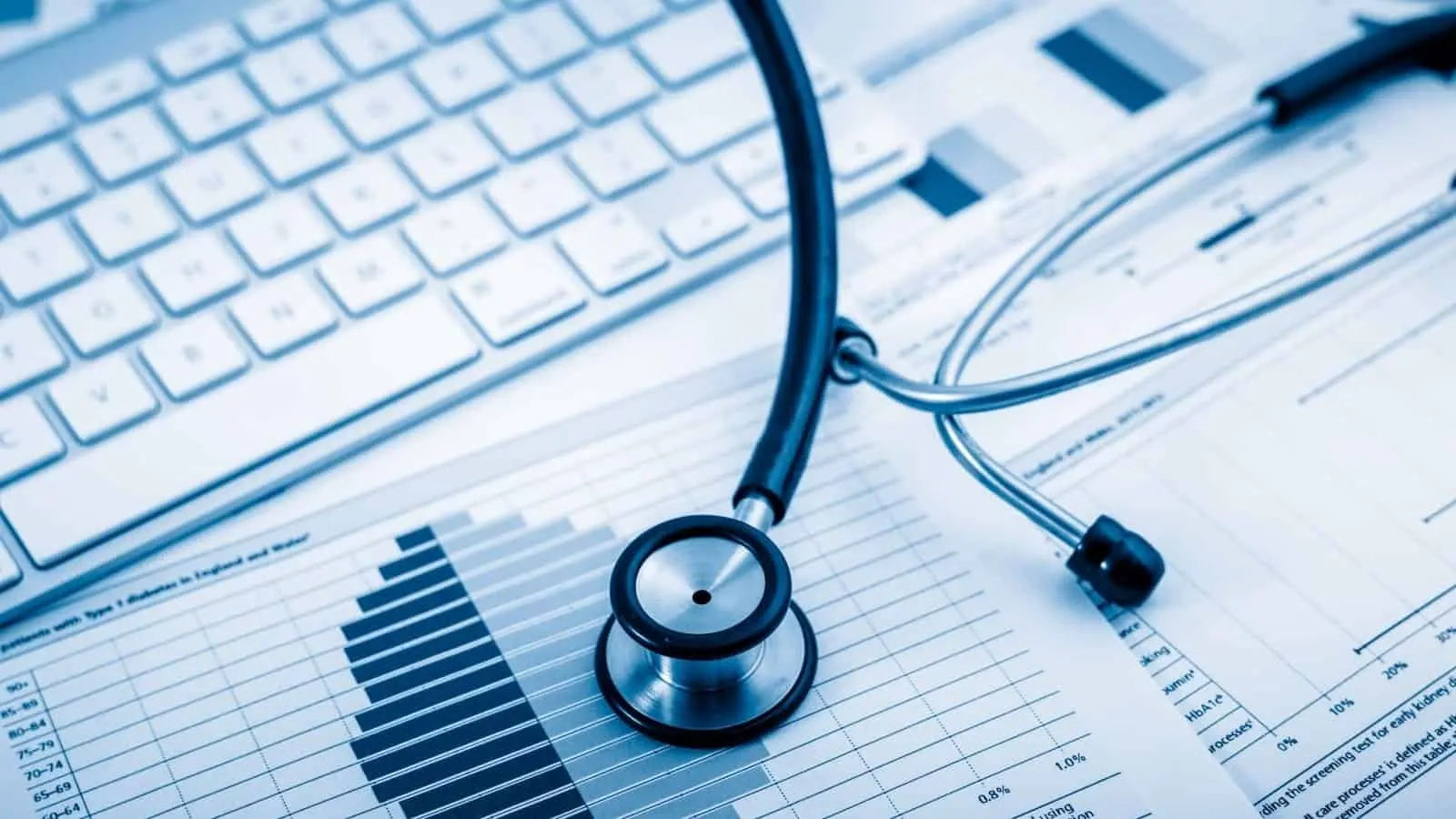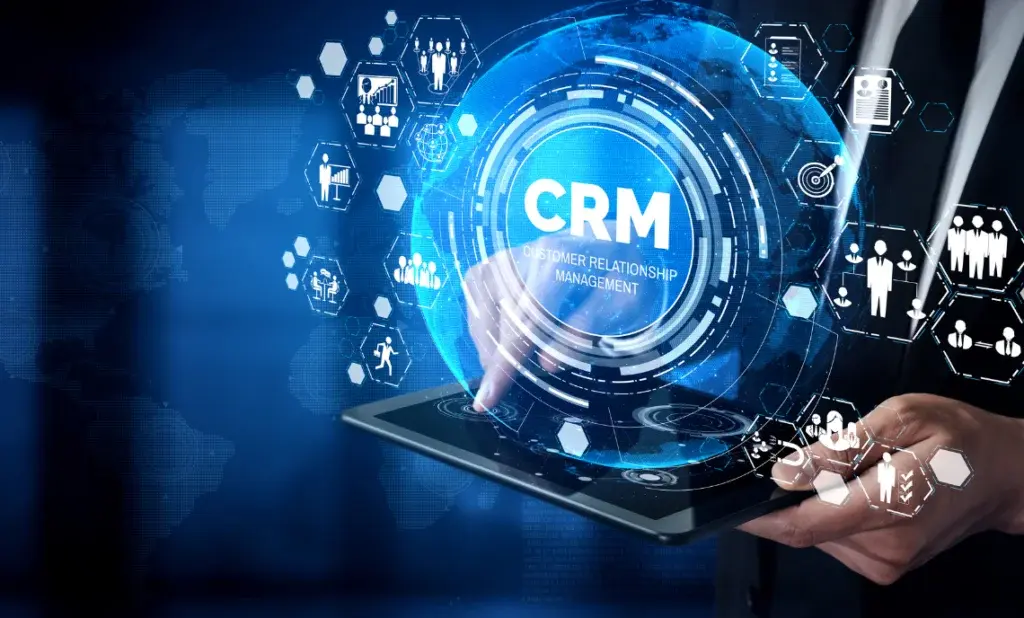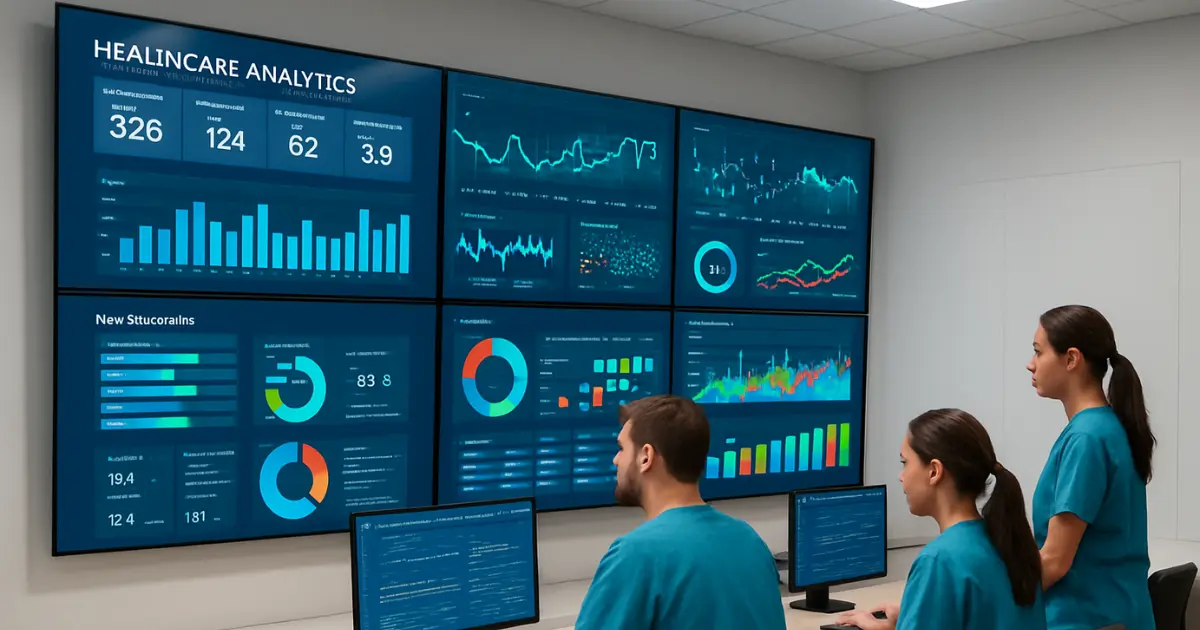In today’s fast-evolving healthcare landscape, patient care goes beyond diagnosing illnesses and prescribing treatments. It’s about building trust, ensuring personalized communication, and delivering seamless experiences throughout the patient journey. To achieve this, healthcare providers need a system that connects every touchpoint—enter the Healthcare CRM (Customer Relationship Management) system.
A Healthcare CRM is more than just a data management tool; it’s the backbone of patient relationship management. It helps hospitals, clinics, and medical organizations understand their patients better, streamline workflows, and foster meaningful, long-term relationships built on trust and transparency.
Let’s explore why Healthcare CRM plays such a critical role in patient relationship management and how it transforms the way healthcare organizations operate.
What Is a Healthcare CRM?
A Healthcare CRM is a specialized software solution designed to manage and optimize patient relationships. Unlike traditional CRMs used in sales or marketing, a Healthcare CRM focuses on patient care, engagement, and retention.
It gathers and organizes patient information—from demographics and contact history to appointment details, medical records, and communication preferences—into one centralized system. This gives healthcare providers a 360-degree view of every patient, enabling them to deliver more personalized, efficient, and responsive care.
How Healthcare CRM Strengthens Patient Relationship Management
Patient relationship management (PRM) revolves around creating strong, consistent, and empathetic connections with patients at every stage of their healthcare journey. Here’s how a Healthcare CRM becomes the foundation for achieving this goal.
1. Centralizes Patient Information for Better Care Coordination
In many healthcare settings, patient data is scattered across multiple systems—appointment scheduling software, billing tools, electronic health records (EHRs), and communication platforms. This fragmentation often leads to miscommunication, delays, and errors.
A Healthcare CRM unifies all this data into one platform, giving providers easy access to a complete patient profile. Whether it’s medical history, previous consultations, lab results, or communication logs, everything is available in one place.
This centralization ensures that every healthcare professional involved in a patient’s care is working from the same, accurate information—leading to better coordination, faster decisions, and improved outcomes.
2. Enhances Patient Communication and Engagement
One of the biggest challenges in patient relationship management is maintaining continuous and meaningful communication. Patients expect timely updates, reminders, and guidance.
A Healthcare CRM automates and personalizes communication through multiple channels such as SMS, email, phone calls, and patient portals. Providers can send:
- Appointment confirmations and reminders
- Test result notifications
- Post-treatment follow-up messages
- Health and wellness tips based on medical history
When communication is consistent and relevant, patients feel valued and connected, which strengthens loyalty and satisfaction.
3. Enables Personalized Patient Experiences
Every patient’s healthcare journey is unique. A one-size-fits-all approach no longer works in a world that demands personalization.
With a Healthcare CRM, providers can segment patients based on health conditions, age, location, or engagement level. This segmentation allows for tailored communication and services—like promoting vaccination drives to parents, offering wellness packages to seniors, or sending nutrition advice to diabetic patients.
By delivering care and information that resonates with individual needs, healthcare organizations create a more human-centered experience that builds long-term trust.
4. Streamlines Administrative Workflows
Healthcare staff spend significant time managing administrative tasks such as data entry, scheduling, and follow-up tracking. These repetitive processes often lead to burnout and errors that can affect patient satisfaction.
A Healthcare CRM automates much of this workload. For instance, when a patient books an appointment online, the CRM can automatically:
- Update the schedule
- Notify the doctor
- Send a confirmation message to the patient
- Set a reminder for follow-up care
This automation saves time, reduces errors, and ensures no patient slips through the cracks. The result is a smoother, more organized workflow—and a better overall patient experience.
5. Improves Patient Retention and Loyalty
In healthcare, building long-term relationships is just as important as attracting new patients. A CRM plays a vital role in retaining existing patients through consistent engagement and follow-ups.
For example, after a treatment, the CRM can schedule periodic check-ins, send reminders for annual exams, or offer loyalty programs for returning patients. These small yet impactful gestures show that the provider cares beyond the consultation, encouraging patients to stay connected with the healthcare brand.
According to industry studies, patient retention costs significantly less than new patient acquisition—making CRM-driven loyalty efforts both meaningful and profitable.
6. Provides Actionable Insights Through Data Analytics
A Healthcare CRM isn’t just a database—it’s also an analytical powerhouse. It collects and processes vast amounts of data, providing insights into patient behavior, preferences, and operational efficiency.
With built-in analytics and reporting tools, healthcare providers can track:
- Appointment trends and patient feedback
- Campaign performance and conversion rates
- No-show rates and cancellation patterns
- Staff performance and response times
These insights help decision-makers identify bottlenecks, refine marketing strategies, and improve service delivery—ultimately enhancing both operational and patient outcomes.
7. Ensures Compliance and Data Security
Patient trust depends heavily on data security. Healthcare CRMs are built with strict compliance measures to meet standards like HIPAA (Health Insurance Portability and Accountability Act).
They include features such as:
- Encrypted data storage and transmission
- Role-based access control
- Audit trails for data tracking
By maintaining compliance and transparency, healthcare organizations not only protect patient information but also strengthen credibility and trust.
8. Supports Proactive and Predictive Care
Modern Healthcare CRMs are evolving with technologies like Artificial Intelligence (AI) and Machine Learning (ML), allowing providers to predict patient needs before they arise.
For instance, AI-driven CRMs can:
- Identify patients who may miss follow-ups
- Predict chronic disease risks based on patterns
- Recommend preventive care plans
This predictive approach transforms healthcare from reactive to proactive—helping providers deliver timely interventions that improve patient well-being and reduce costs.
9. Integrates Marketing and Outreach Efforts
Healthcare organizations can also leverage CRM tools for marketing automation and community outreach. From managing email campaigns to tracking social media responses, a CRM ensures that every communication effort is targeted and measurable.
For example, hospitals can use CRM data to run awareness campaigns on women’s health, wellness programs, or vaccination drives—reaching the right audience with the right message at the right time.

Final Thoughts
A Healthcare CRM is not just a digital tool—it’s the backbone of effective patient relationship management. It connects every aspect of the healthcare ecosystem: patients, doctors, administrators, and support teams.
By centralizing data, automating workflows, and enabling personalized communication, CRM systems help healthcare providers deliver care that’s efficient, empathetic, and engaging. In a world where patient expectations continue to rise, a robust Healthcare CRM isn’t a luxury—it’s a necessity.
Ultimately, it transforms the patient-provider relationship from a series of isolated interactions into a continuous, meaningful partnership—building trust, loyalty, and lasting health outcomes.







